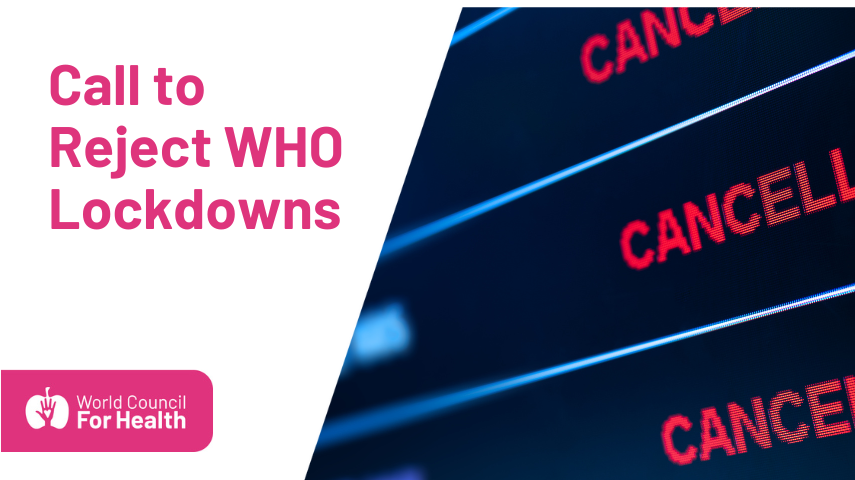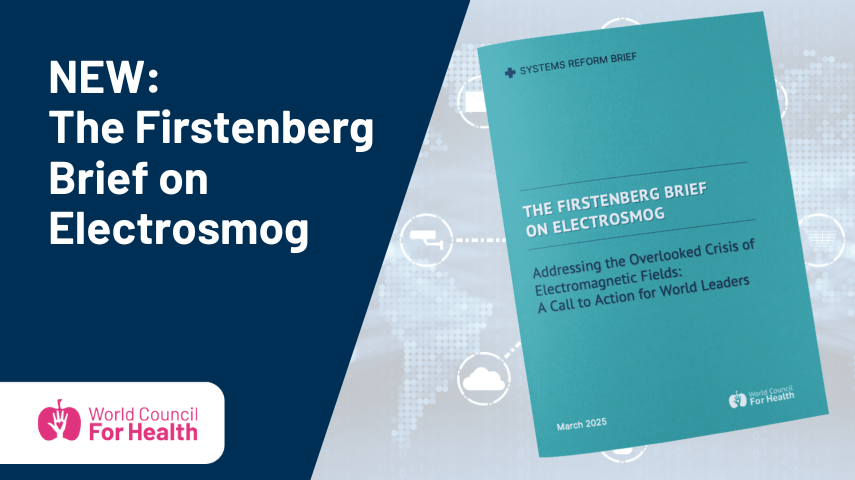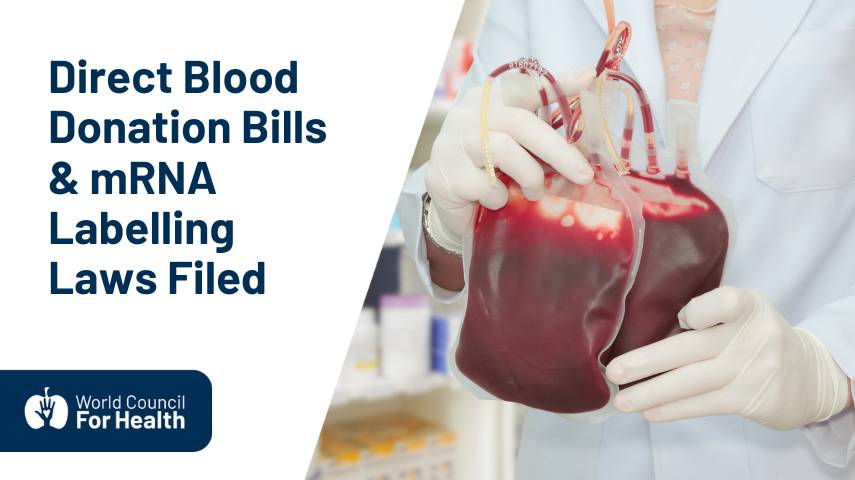The nature of the mysterious pneumonia outbreak in China remains under investigation. The World Health Organization (WHO) is actively involved in understanding the situation and has called on China to share data on patients, recent virus circulation trends, and pressures on hospitals. The outbreak, which has been detected in Beijing and the province of Liaoning, is characterized by cases of “undiagnosed pneumonia” and a high number of sick children. The infected individuals are showing signs of lung inflammation and a high fever, but no cough or other flu-like symptoms.
Chinese authorities have made a preliminary determination of a novel coronavirus, identified in a hospitalized person with pneumonia in Wuhan, and have already conducted gene sequencing of the virus. However, further investigation is needed to determine the exact nature and cause of the outbreak.
In response to this new outbreak of a mysterious respiratory illness, the WHO has already called on China to reimpose lockdowns and other Covid-era restrictions. While the WHO seeks to address the current situation, it is essential to examine the effectiveness of lockdowns in combating such outbreaks.
The Flawed Assumption
Lockdowns, including stay-at-home orders and restrictions on movement, were widely implemented as a measure to control the spread of infectious diseases during the Covid pandemic. However, there is growing evidence suggesting that the effectiveness of lockdowns in containing outbreaks may be limited, and their negative consequences may outweigh their benefits.
The Brownstone Institute has published a round-up of over 400 studies proving the failure of this intervention. The repercussions of societal lockdowns and restrictions have been downplayed, while the negative impacts on our communities and the well-being of our children have been substantial. These include detrimental effects on children’s health, a potential rise in undiagnosed illnesses leading to increased mortality in the future, surges in depression, anxiety, and suicidal thoughts among young people, tragic incidents of drug overdoses and suicides resulting from oppressive policies, the overwhelming sense of isolation caused by prolonged periods of confinement, significant psychological distress experienced by many, an alarming rise in cases of domestic and child abuse as well as distressing instances of sexual abuse against children, the loss of jobs and businesses with devastating consequences, and an alarming number of deaths that disproportionately affect women and minority groups.
Economic Implications
Lockdowns have a severe and lasting impact on economies. Forcing businesses to close or operate at limited capacity lead to job losses, bankruptcies, and economic recessions. The resulting financial burden imposed on individuals, families, and governments can result in long-lasting socioeconomic consequences, including increased poverty rates and decreased access to essential services.
Mental Health and Social Isolation
The lockdowns used during the Covid pandemic resulted in prolonged periods of social isolation, which can have severe implications for mental health. Studies have shown a significant increase in depression, anxiety, and suicide rates during lockdowns. The lack of social interaction can exacerbate existing mental health conditions and contribute to a decline in overall well-being.
Education and Learning
With schools and universities closed, students around the world were forced to adapt to remote learning, which was not always accessible to or effective for all. The achievement gap between students from different socioeconomic backgrounds widens, as not all students have equal access to technology or a conducive learning environment at home. This disparity in educational opportunities can have long-term consequences for individuals and society as a whole.
The Efficacy of Alternatives
While lockdowns were implemented as a first line of defense, several alternative strategies have shown promising results. These include targeted testing and contact tracing, promoting hygiene practices, and implementing localized restrictions. By focusing on identifying and containing outbreaks, these strategies can minimize the negative consequences associated with widespread lockdowns while still effectively controlling the spread of infectious diseases.
The last three years have reminded us how to strengthen ones immune system for viral attacks by using widely available tools like vitamin D (between 50-80 ng/ml), diet (no sugar and whole food, plant based), and many other measures. Rather than creating new fears which have a negative effect on our immune system, these trusted measures should be recommended.
Conclusion
As the World Health Organization urges China to reinstate lockdown measures in response to the latest mystery outbreak, it is crucial to consider the (in)effectiveness of these measures. Lockdowns, while initially claimed to be an effective tool in controlling the spread of infectious diseases, have proven to have significant and long-lasting drawbacks. The economic, mental health, and educational consequences of lockdowns cannot be ignored.
Maria Van Kerkhove, the acting director of the WHO’s department of epidemic and pandemic preparedness and prevention, acknowledged that the immunity debt caused by lockdowns is what seems to be wreaking havoc on children in China: “The evidence presented to the WHO team pointed to what’s sometimes called an immunity gap that was created by the pandemic. A dramatic reduction in circulation of other viruses and bacteria created a cohort of kids with few immunological defenses against bugs like influenza, RSV, and other cold-causing viruses, setting the stage for large outbreaks when those pathogens returned.” We should not repeat the same mistake twice.
As authorities navigate future challenges, it is important to adopt a more balanced approach that accounts for the potential inefficiency of blanket lockdown measures, while still prioritizing public health and safety. By incorporating alternative strategies and considering the long-term consequences, we can strive for more effective crisis management and minimize the collateral damage caused by one-size-fits-all mandates and recommendations.
The first step now is be to identify the microbes involved and draw conclusions about their management. The WHO repeatedly failed to protect the public’s health during the Covid pandemic. It is time to hand over the management of infectious diseases to real experts, free from conflicts of interest.








